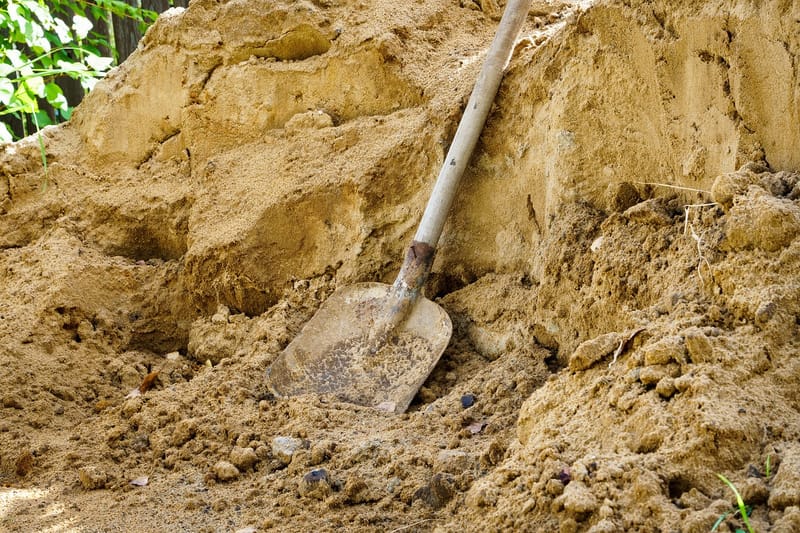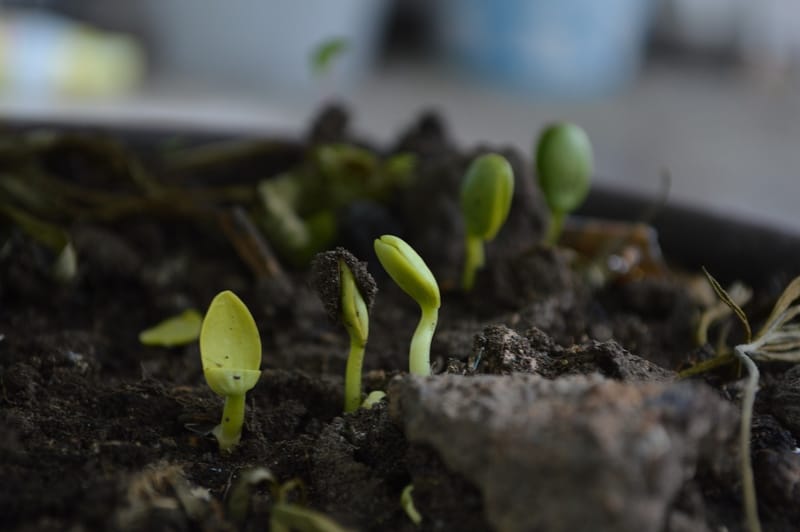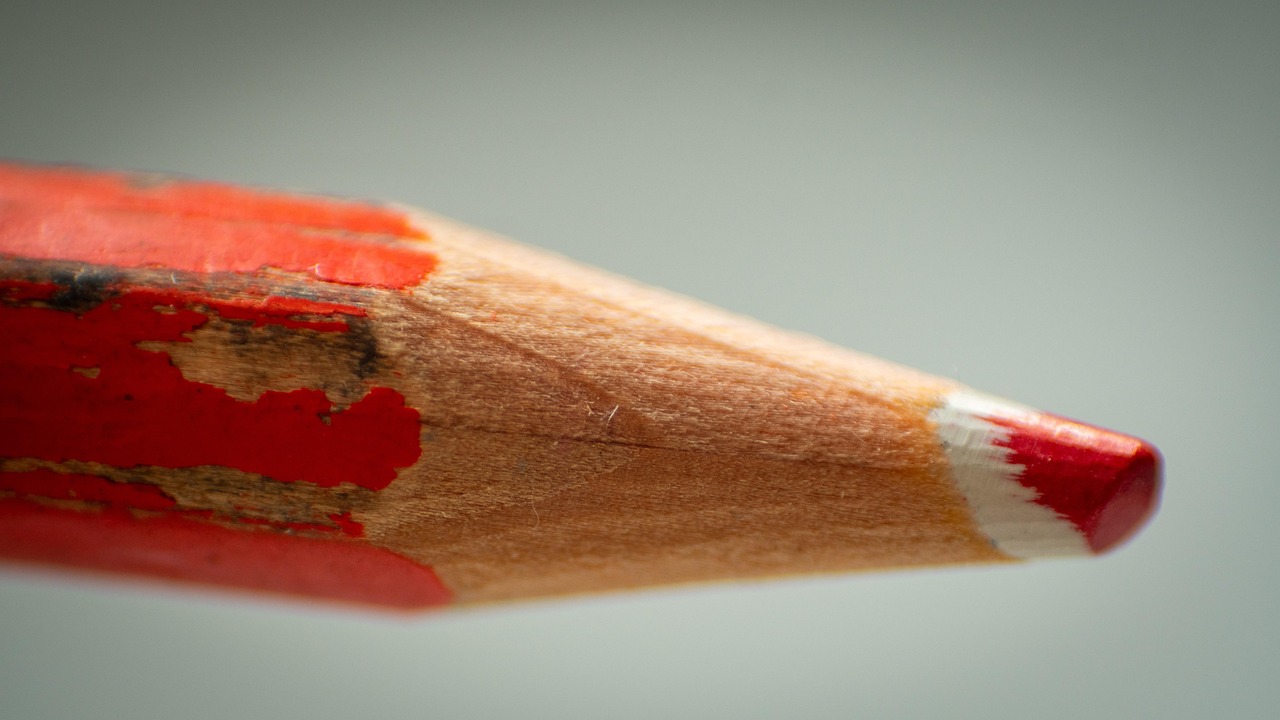Tips - Part 3
Gardening Advice: Part 3
The Importance of Soil Health in Your Garden
Having healthy soil is essential for the success of your garden. Soil provides plants with vital nutrients, water, and support for their root systems. Here are some tips to improve and maintain the health of your garden soil:
1. Test Your Soil
Before planting, test your soil to determine its pH level and nutrient content. You can use DIY test kits or send samples to a local agricultural extension office for a more detailed analysis.
2. Add Organic Matter
Organic matter such as compost, aged manure, or leaf mold can improve soil structure, drainage, and nutrient retention. Work organic matter into the soil regularly to keep it healthy.
3. Mulch Your Garden
Applying mulch around your plants helps retain moisture, suppress weeds, and regulate soil temperature. Organic mulches like straw, wood chips, or grass clippings also break down over time, enriching the soil.
4. Rotate Your Crops
Rotating crops each season can prevent nutrient depletion and minimize the build-up of pests and diseases in the soil. Plan your garden layout to rotate crops in different areas each year.
Recommended Tools for Soil Health
- Garden Fork: Useful for aerating and loosening compacted soil.
- Soil pH Meter: Helps monitor the acidity or alkalinity of your soil.
- Compost Bin: Ideal for recycling kitchen scraps and yard waste into nutrient-rich compost.
- Garden Hoe: Great for weeding and cultivating the soil surface.
Image Source:
Images used in this article are sourced from Pixabay:


Keep these tips in mind to ensure that your garden soil remains healthy and provides the best growing conditions for your plants. Stay tuned for more gardening advice in our upcoming articles!
